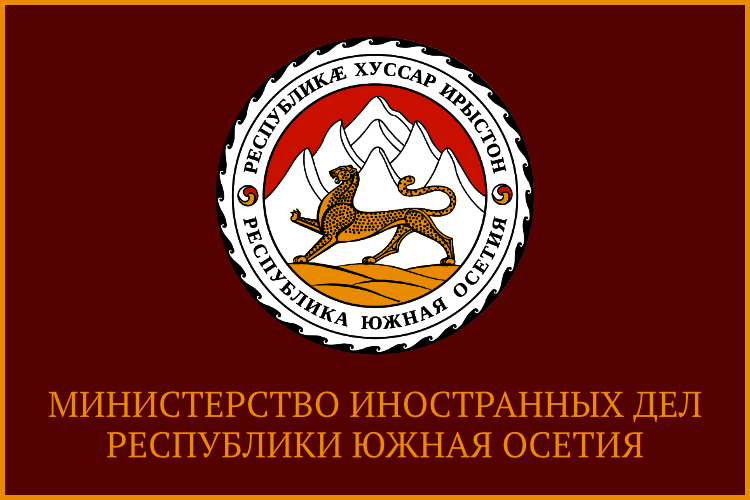We have familiarised ourselves with the latest consolidated report by the Secretary General of the Council of Europe on the ‘Conflict in Georgia’, which repeats time after time unfounded allegations about the so-called occupation of Georgia and the dire human rights and security situation in South Ossetia and Abkhazia, and contains the traditional set of ‘instructions’ on the withdrawal of Russian troops, the immediate admission of international human rights defenders and so on.
The highly politicised report was supported by Albania, Georgia, Iceland, Liechtenstein, Moldova, Monaco, Northern Macedonia, Norway, San Marino, Ukraine, the United Kingdom and endorsed by the European Union.
It should be noted that Europe and its international structures are becoming increasingly distant from reality and the actual state of affairs. The geopolitical situation in the Transcaucasia has fundamentally changed over the past two decades, and it is counterproductive for Europeans to ignore it. Accepted documents are very biased, as a rule they do not mention either Georgian war crimes against South Ossetia and Abkhazia or the sacrifices made by our peoples. Russia's recognition of the independence of South Ossetia and Abkhazia became a guarantee of peace and stability and made it possible to live and develop.
Europe has already ‘forgotten’ about the conclusions of the report of its own commission headed by H. Tagliavini, which recognised Georgia as the aggressor in August 2008.
South Ossetia has its own way of development, based on the choice of its people. First and foremost, this involves strengthening relations with the guarantor of its security - the Russian Federation - and building equal relations and mutually respectful dialogue with other countries.
2 May 2025
